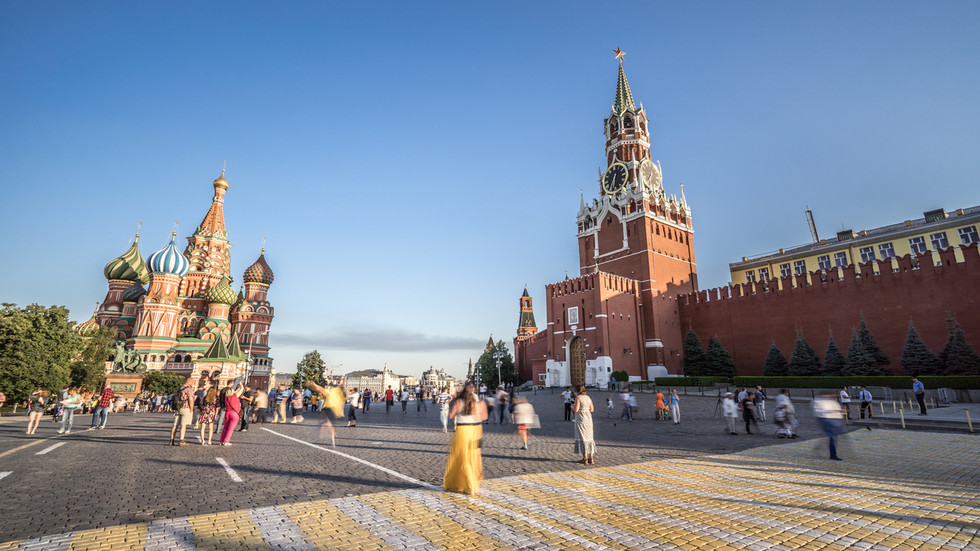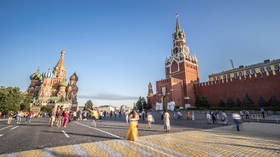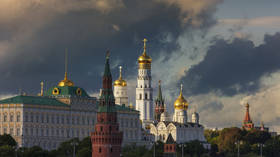
The group will reportedly widen existing restrictions instead

© Getty Images / Yongyuan Dai
The Group of Seven nations have agreed not to impose an almost complete embargo on exports to Russia, choosing instead to expand existing restrictions on key goods, Bloomberg reported on Friday, citing unnamed people familiar with the matter.
Leaders of the seven advanced economies had previously discussed the option of barring all exports to Moscow as part of Ukraine-related sanctions, with a few exemptions including medicines, agricultural goods and food.
The latest draft of a statement that the G7 leaders are expected to adopt during their summit in Hiroshima, which started on Friday, reportedly does not include such a provision.
Sources told the agency that the measure is seen as too difficult for some members of the group to implement, due to differences in their legal and regulatory structures, including countries in the EU. Moreover, a near-total export ban, if agreed, would require the agreement of all members of the G7.

Instead, the seven nations have reportedly agreed to expand the list of goods targeted by export restrictions by including those used on the battlefield, such as industrial machinery and tools. The allies will also introduce more sanctions on key sectors, such as manufacturing, construction, transportation and business services.
Aside from the attempts to decrease Russia’s revenue, the G7 states have also been focused on closing loopholes in the existing sanctions. The latest round of restrictions is expected to help Western allies to strengthen enforcement of the penalties, especially in relation to third countries through which Russia is able to import banned products.
They are reportedly planning to further work to restrict trade in Russian diamonds, and take action against countries that are believed to financially support Moscow in conducting its military operation in Ukraine.
For more stories on economy & finance visit RT’s business section




